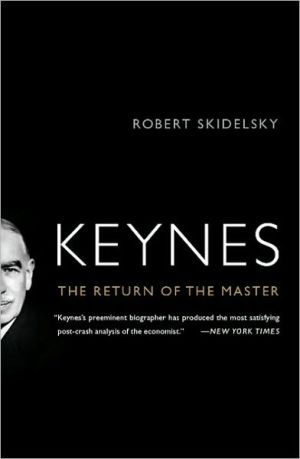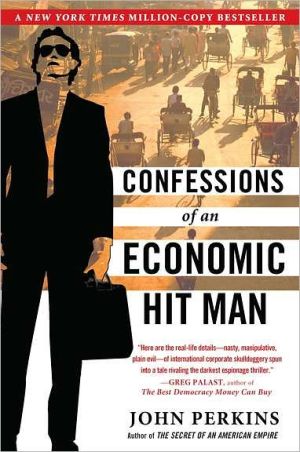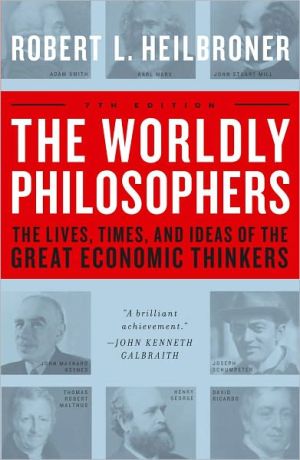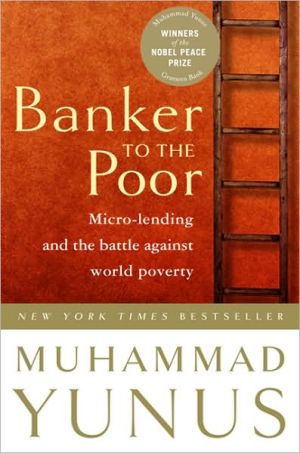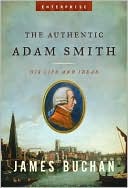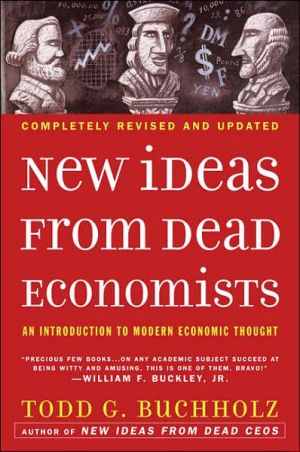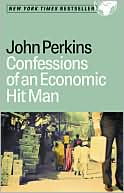Keynes: The Return of the Master
In the debris of the financial crash of 2008, the principles of John Maynard Keynes—that economic storms are a normal part of the market system, that governments need to step in and use fiscal ammunition to prevent these storms from becoming depressions, and that societies that value the pursuit of money should reprioritize—are more pertinent and applicable than ever. In Keynes: The Return of the Master, Robert Skidelsky brilliantly synthesizes Keynes career and life, and offers nervous...
Search in google:
In the debris of the financial crash of 2008, the principles of John Maynard Keynes—that economic storms are a normal part of the market system, that governments need to step in and use fiscal ammunition to prevent these storms from becoming depressions, and that societies that value the pursuit of money should reprioritize—are more pertinent and applicable than ever. In Keynes: The Return of the Master, Robert Skidelsky brilliantly synthesizes Keynes career and life, and offers nervous capitalists a positive answer to the question we now face: When unbridled capitalism falters, is there an alternative? The Washington Post - Carlos Lozada Clearly, Skidelsky admires his subject—"universal curiosity"…"formidably intelligent"…"the most intuitive of economists" are a few of his descriptions—but his new book is less about Keynes the man than about the battle of ideas that Keynes and his followers fought and lost during the 20th century. It is also, implicitly, about an issue at the heart of all this soul-searching: How much influence do economists really exert over the real world? Do they drive the policies and preferences of our leaders, or are economists just a bunch of math nerds telling politicians what they want to hear? In short, do economists matter?
AbbreviationsIntroduction: The man and economist11The life132Keynes's philosophy of practice343The monetary reformer494The General Theory705Economic statesmanship916Keynes's legacy106References129Further reading132Index134
\ Carlos LozadaClearly, Skidelsky admires his subject—"universal curiosity"…"formidably intelligent"…"the most intuitive of economists" are a few of his descriptions—but his new book is less about Keynes the man than about the battle of ideas that Keynes and his followers fought and lost during the 20th century. It is also, implicitly, about an issue at the heart of all this soul-searching: How much influence do economists really exert over the real world? Do they drive the policies and preferences of our leaders, or are economists just a bunch of math nerds telling politicians what they want to hear? In short, do economists matter?\ —The Washington Post\ \ \ \ \ Dwight GarnerIn Keynes: Return of the Master, Mr. Skidelsky surveys the vast body of Keynes's work. But he boils the thinking down to a few essential points. Central among them is that market economies are fundamentally uncertain; large shocks like the recent meltdown are not anomalies but normal if unpredictable events. Government should intervene in a crisis…supplying a judicious but firm hand on the tiller…This book is provocative in its discussion of the moral aspect of Keynes's thinking. He had the curious and refreshing idea that financial institutions have a duty to the public interest as well as to shareholders.\ —The New York Times\ \ \ Library JournalThese books bring 20th-century economist John Maynard Keynes into the current economic debate. During the 1930s, Keynes pioneered the concept of governments forcing interest rates low and using deficit spending to stimulate the moribund economy. The work by Clarke (modern history, ret., Cambridge Univ.; The Last Thousand Days of the British Empire) is the most biographical (though none is a true biography), following Keynes from his early life through his role in influencing economic policy during the Great Depression and World War II. Clarke explains Keynes's association with the Bloomsbury Group, his homosexuality, his investing prowess, and how he formulated his theories in response to the economic turbulence of his times. He shows how Keynes was able to change his mind and go in new directions and how he was able to reach out to governments in changing the economic landscape. This is a generally sympathetic portrayal, giving only brief space to Keynes's critics and using academic, but clear, language.\\\ \
